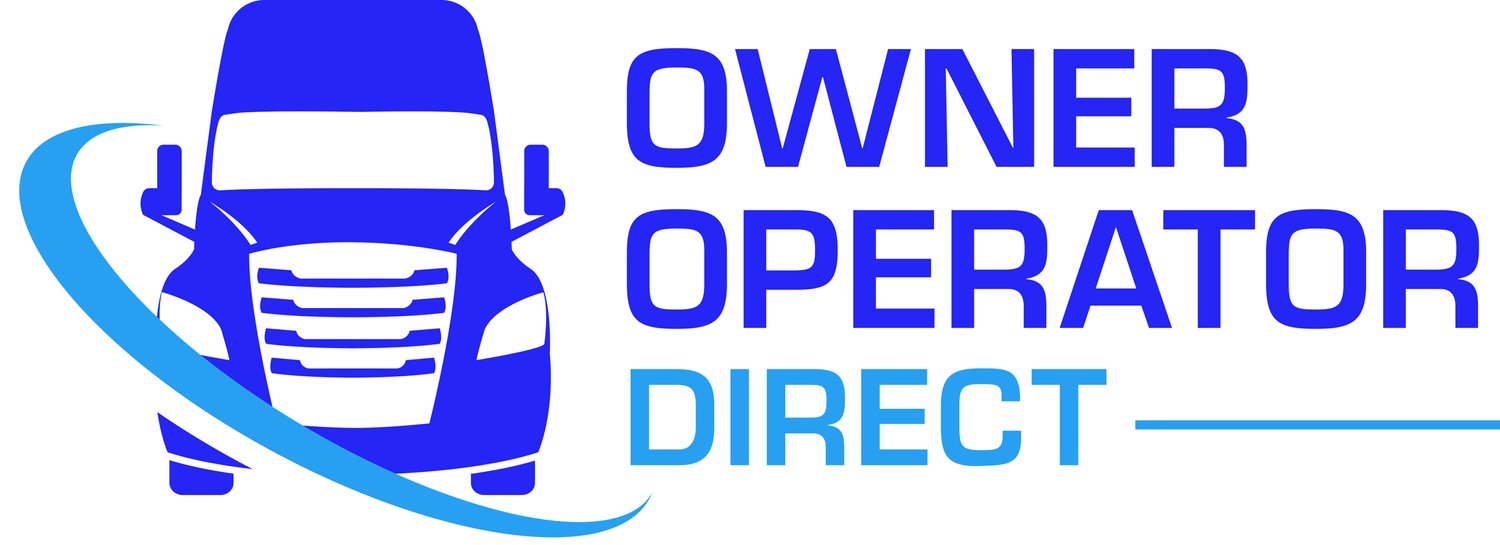The Importance of Pre-Trip Inspections, Post-Trip Inspections
As a professional driver, you should be physically, mentally, and emotionally prepared for the task of driving before hitting the road. Likewise, the vehicle needs to be mechanically ready and reliable for the trip. To ensure that commercial vehicles are in optimal condition while on the nation’s roadways, drivers must perform pre-trip inspections and post-trip inspections, as required by Federal Motor Carrier Safety Regulations (FMCSR) (see §396.13, §396.11, and §396.3). Failure to properly conduct these inspections and take corrective action when needed may lead to Compliance, Safety, Accountability (CSA) violations, fines, and/or vehicles being declared out-of-service.
Besides being the law, performing proper and thorough pre-trip inspections and post-trip inspections are a great way to:
Spot mechanical problems before they lead to unexpected breakdowns. It’s better to address minor issues prior to heading out than deal with unnecessary downtime, loss of revenue, and costly roadside repair or towing charges along your route.
Catch unsafe conditions before they cause an accident. Taking the necessary time to ensure that your vehicle is working properly is worth it if it means keeping your vehicle on the road and yourself and other motorists safe.
Aid in claim investigations. In the event of an accident, inspection reports could be pulled as part of the crash investigation. Good vehicle inspection practices may help in the defense of potential accident claims.
Avoid negative publicity and improve customer satisfaction. With properly functioning equipment, you’re able to offer dependable and timely service that will positively affect your customers’ experience and help your company build a good reputation.
Provide peace of mind. When your vehicle is in tip-top shape, you don’t have to constantly be worried that your trip will be interrupted by mechanical problems or sidelined at the next weigh-station inspection.
In addition to pre-trip inspections and post-trip inspections, it’s beneficial to monitor the condition of equipment components that can affect vehicle safety during a trip. One way to do this is to look over your vehicle whenever you stop for fuel. (Please note: For certain drivers, en-route inspections are required under federal regulations. See §392.9 and §397.17.) You can also use your senses while driving to help detect mechanical issues before they become a bigger problem:
Hearing – A component that sounds abnormal or the presence of thumps, squeaks, squeals, rattles, hisses, and other odd noises are early warning signs of trouble.
Smell – Your sense of smell can detect unusual odors from burning rubber, insulation, or hot fluids resulting from overheating, leaks, or electrical shortages.
Touch – Touch can pick up any changes in your vehicle’s response. Difficult handling or braking, a rough ride or idling, and unusual vibrations almost always indicate a problem.
Sight – Use your eyes to observe dashboard warning lights and spot vehicle defects. And, don’t forget to look under your vehicle, and check the area where it’s been parked. Small stains or an occasional drop of fluid on the ground may not mean much, but puddles deserve immediate attention.
Of course, as a professional driver, you are not only vital to catching mechanical problems, you are essential to reporting them. Be sure to follow your company’s procedures for promptly reporting all defects that impact safety and/or compliance so that the vehicle can be repaired and certified before it goes back out on the road.
There’s no doubt that performing proper pre-trip inspections and post-trip inspections take time to complete. However, these inspections need to be taken seriously and not rushed or skipped because of the weather, you’re on a tight schedule, or you’ve never had anything go wrong before. Pre-trip inspections and post-trip inspections are required by law and are among the most important duties of a professional driver. By certifying your vehicle in road-ready condition each and every time you drive, you can help ensure your safety and the well-being of everyone with whom you share the road.
Owner Operator Direct provides top notch commercial trucking insurance to owner operators, whether operating with authority or as leased drivers. For a no-obligation quote, give us a ring at 800-499-1044 (Monday-Friday 9-5 pm ET) or answer some questions online and we'll email you one.
